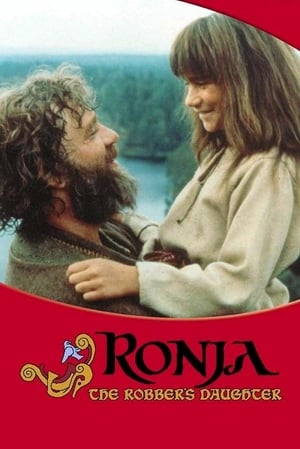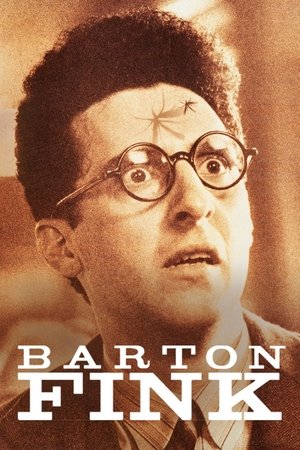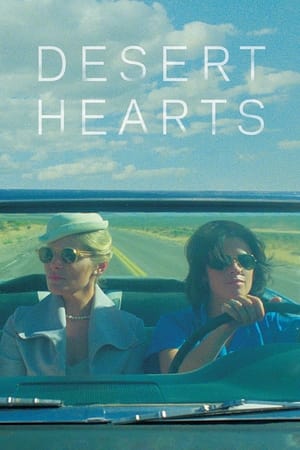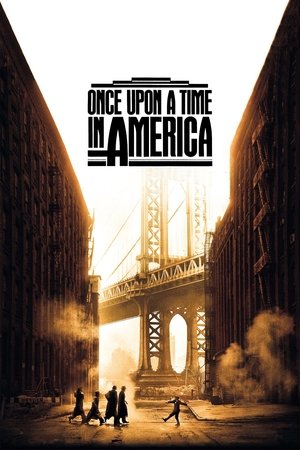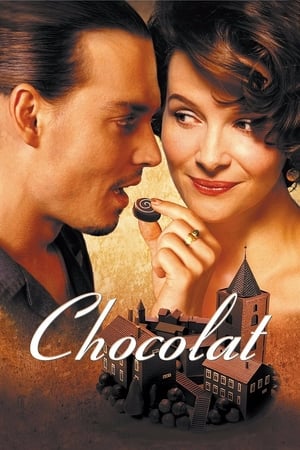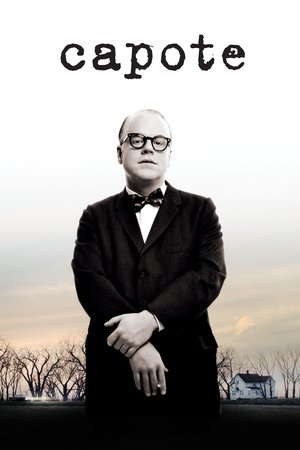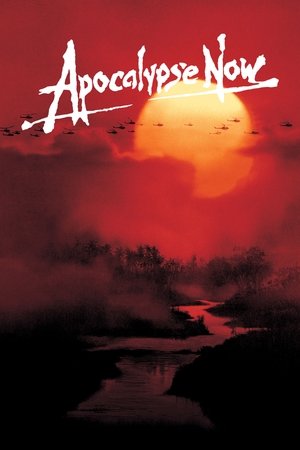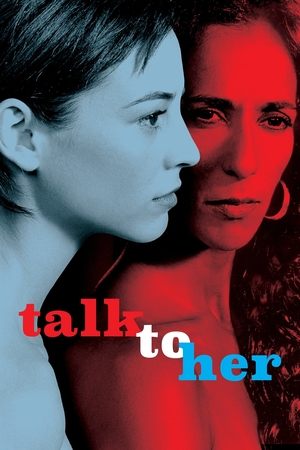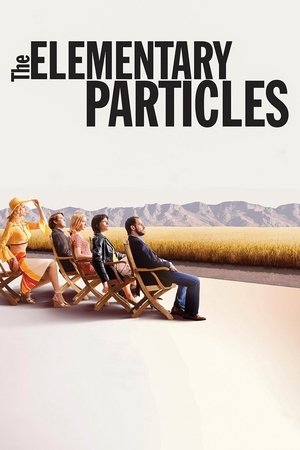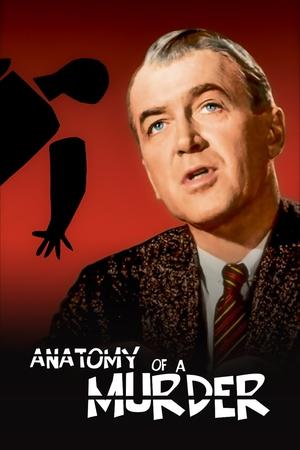Overview
Homer is an orphan who was never adopted, becoming the favorite of orphanage director Dr. Larch. Dr. Larch imparts his full medical knowledge on Homer, who becomes a skilled, albeit unlicensed, physician. But Homer yearns for a self-chosen life outside the orphanage. What will Homer learn about life and love in the cider house? What of the destiny that Dr. Larch has planned for him?
Reviews
Beauty and the beast in Maine during WWII
On the surface “The Cider House Rules” (1999) is a quality period piece about life at an apple orchard and orphanage in Maine during WWII. Tobey Maguire stars as Homer Wells, who was raised at a remote orphanage and favored by caretaker Dr. Larch (Michael Caine), who imparts his vast medical knowledge & skills to the young man. At the age of 21 Homer decides to leave the orphanage with a couple that stopped by for an illegal abortion and ends up working at an apple orchard. Will he ever return?
It's the subtext where the film soars for those interested in ruminations on the complexities of morality and the place that outward or inward rules play.
Here's a taste: The movie contrasts outer rules with innate moral rules. The former can be broken as it suits the individual without any ill-effects, like the cider house rules in the film or stepping over the wall at Niagara Falls to get a better picture; innate moral rules, however, cannot be broken without severe consequences. To illustrate, the apple workers rightly mock the cider house rules made by people who don't know what it's like to live & work there, but one laborer breaks a universal spiritual law and so loses a close relationship and something worse, which conveys the idea that "the wages of sin is death."
Another example involves the rules of society demanding that a person have proper credentials in order to do the work Dr. Larch performs, and understandably so, but official credentials on a wall are irrelevant in regards to some people, like Homer, who's thoroughly expert at his craft, credentials or no credentials. And so Larch creates fake "proper" credentials to appease officials and patients.
Also, Wally & Candy (Paul Rudd & Charlize Theron) impulsively have an illegal abortion at the beginning of the movie but, by the end, it doesn't look like they're going to have very wild sex anymore (which is different than saying they won't have any sexual relations). They no doubt strongly regret deciding to break the rules and have an abortion, which was illegal at the time.
Obviously the movie's not far Left or far Right; it's somewhere in the middle in its realistic reflections on moral complexities and ambiguities. Both sides of the abortion debate, for instance, are presented. And, while it could be argued that the movie somewhat supports the pro-choice position, it doesn’t neglect to convey the conservative view and effectively shows how the debate is more complex than black or white. For example, if a man forces his self on a woman and she gets pregnant, the life within her is not there by her choice and therefore she arguably has the right to abort that life with the blood of the child being on the head of the impregnating male.
Elsewhere, Homer argues the conservative position, suggesting that people should be responsible enough to control themselves BEFORE a woman is impregnated and the ugly issue of abortion rears its head. Dr. Larch later remarks that he wishes the world were as idealistic as Homer sees it, but instead we’re stuck with an intricately phukked up planet where people make wrong choices all the time, which have a negative domino effect.
The film runs 2 hours, 6 minutes and was shot in Northampton, Massachusetts (orphanage); Dummerston, Vermont (orchard); Bernard, Corea and Sand Beach, Maine; as well as surrounding New England locations.
GRADE: B+

 126 min
126 min
 7.1
7.1
 1999
1999
 USA
USA
 Wuchak wrote:
Wuchak wrote:

